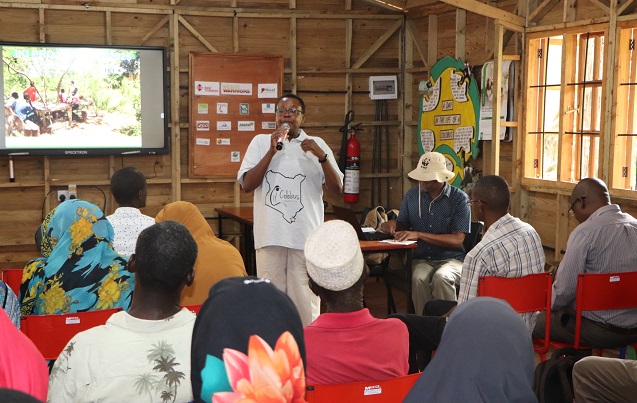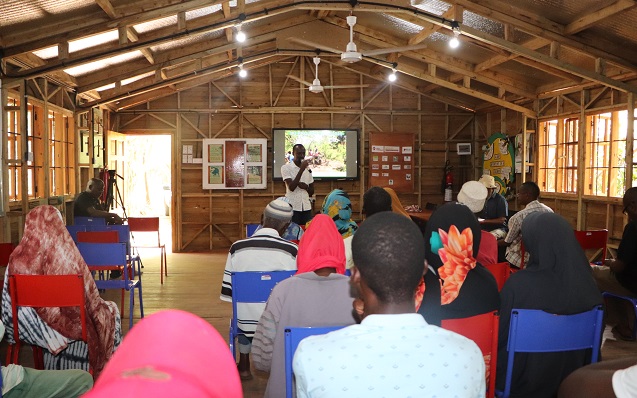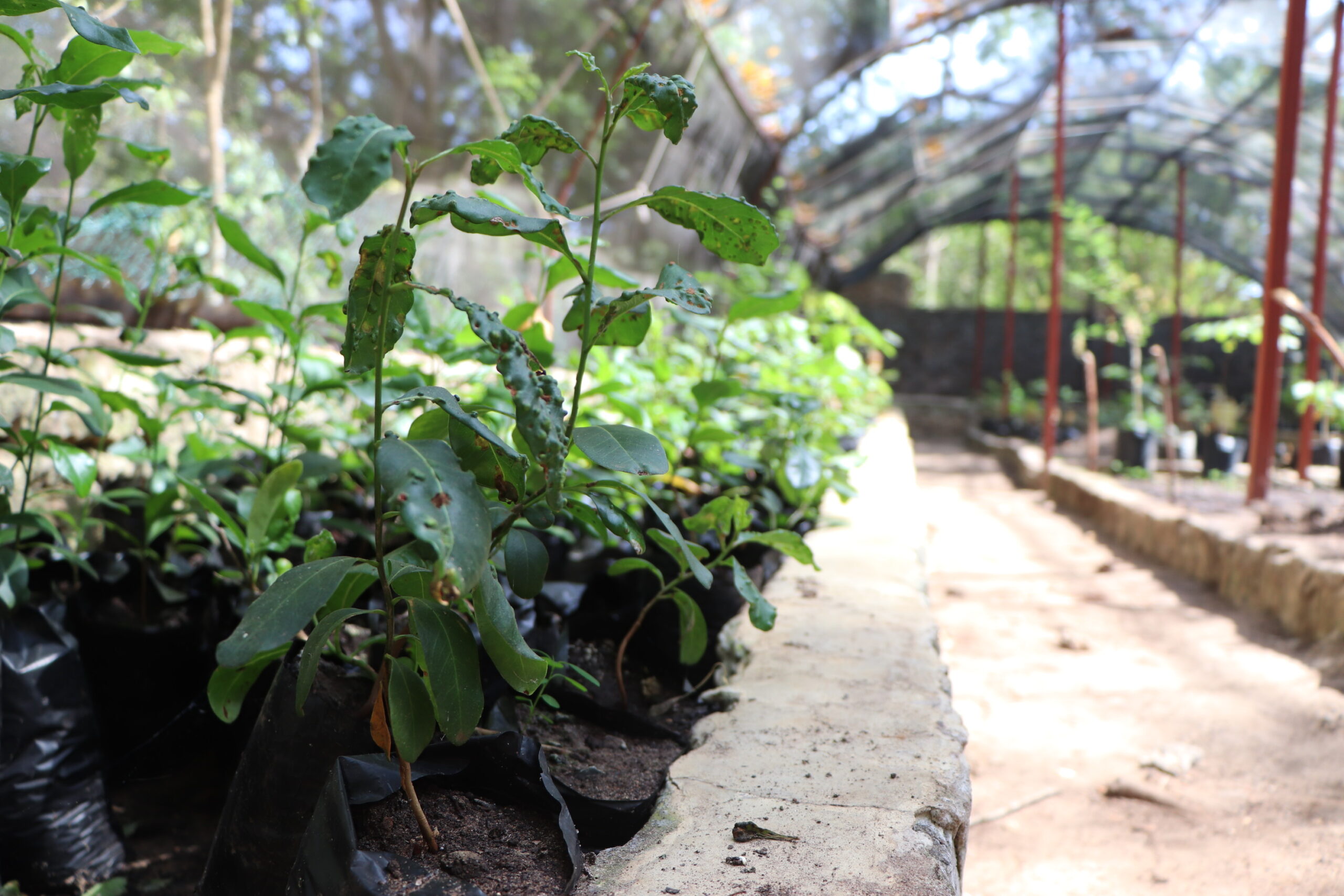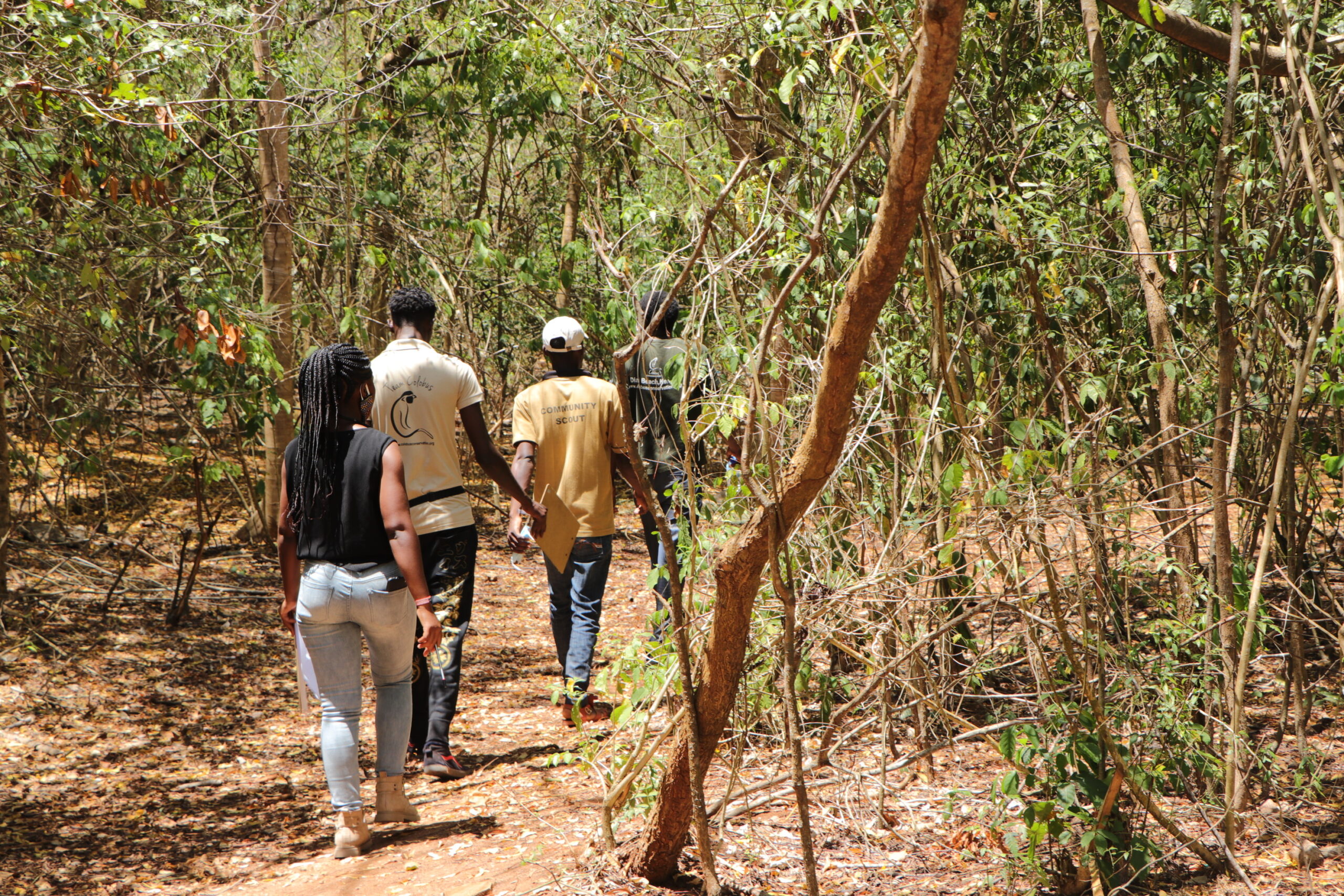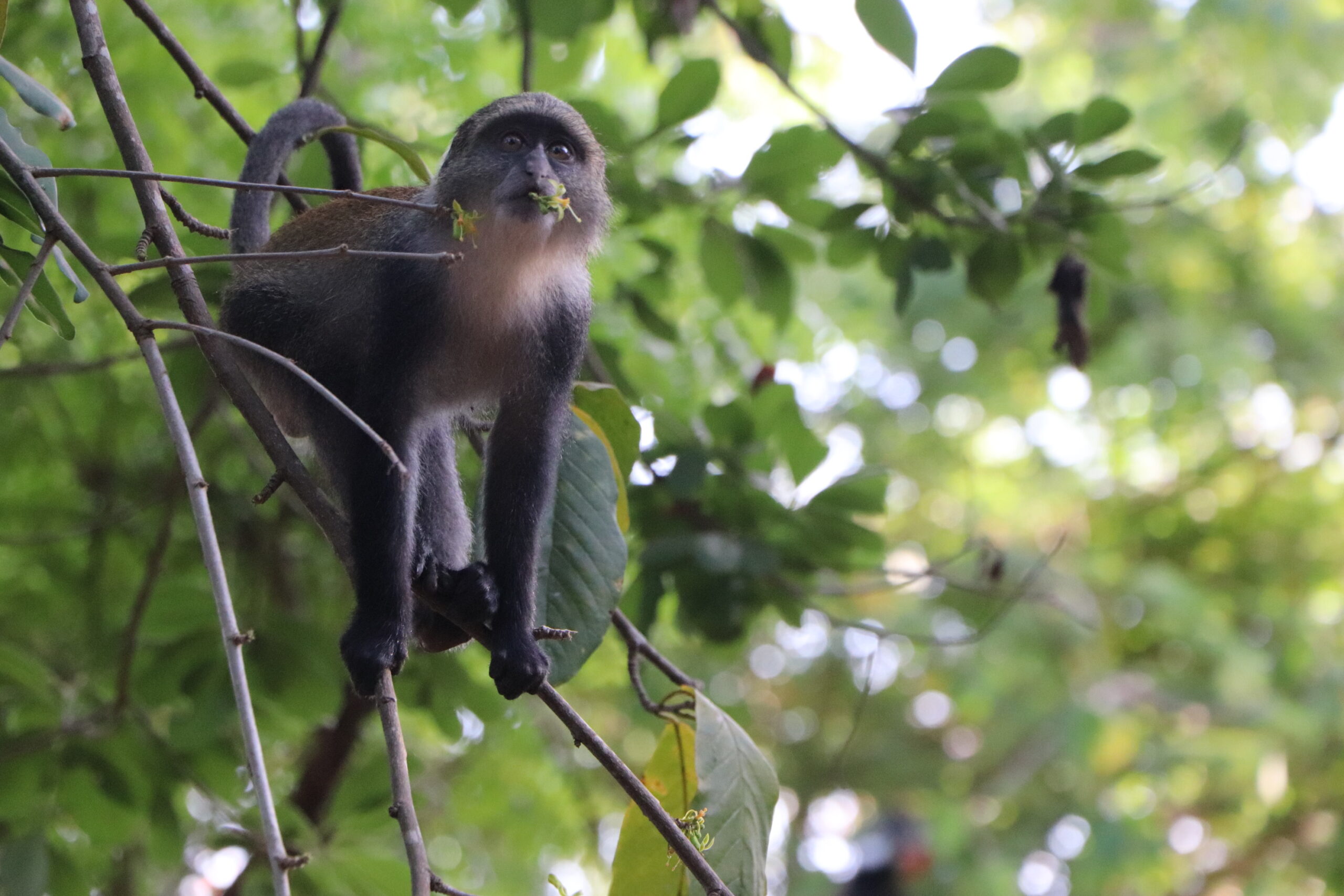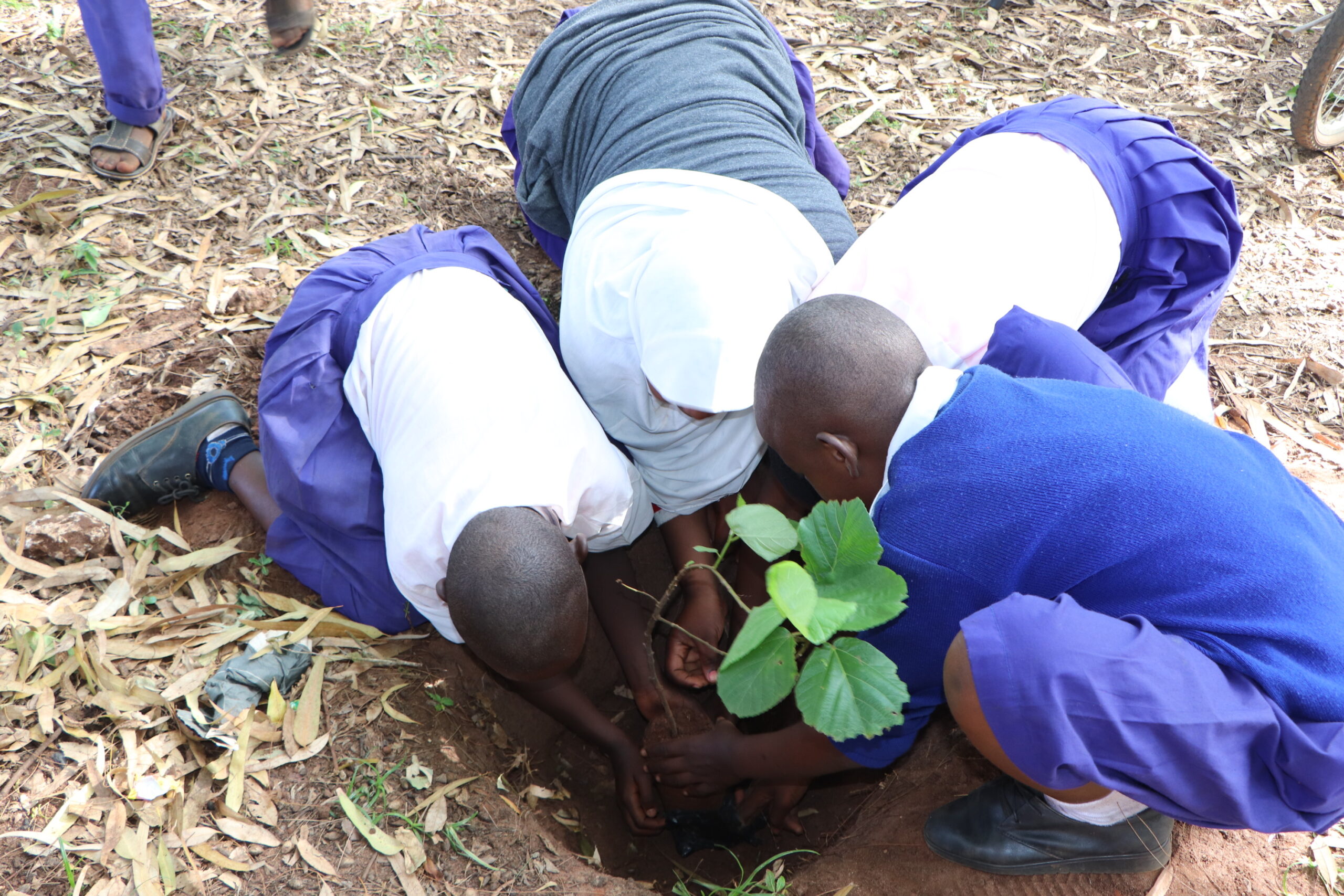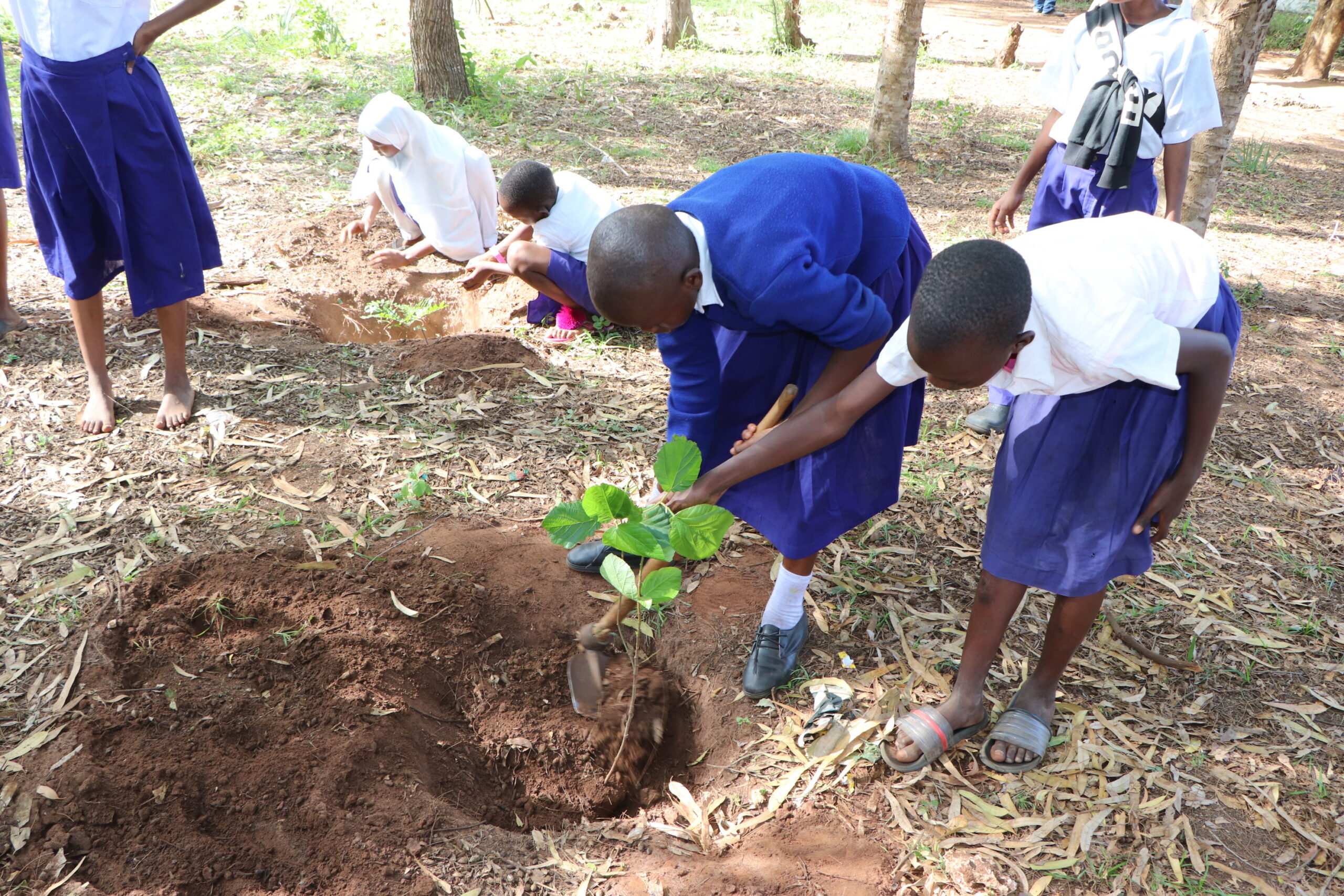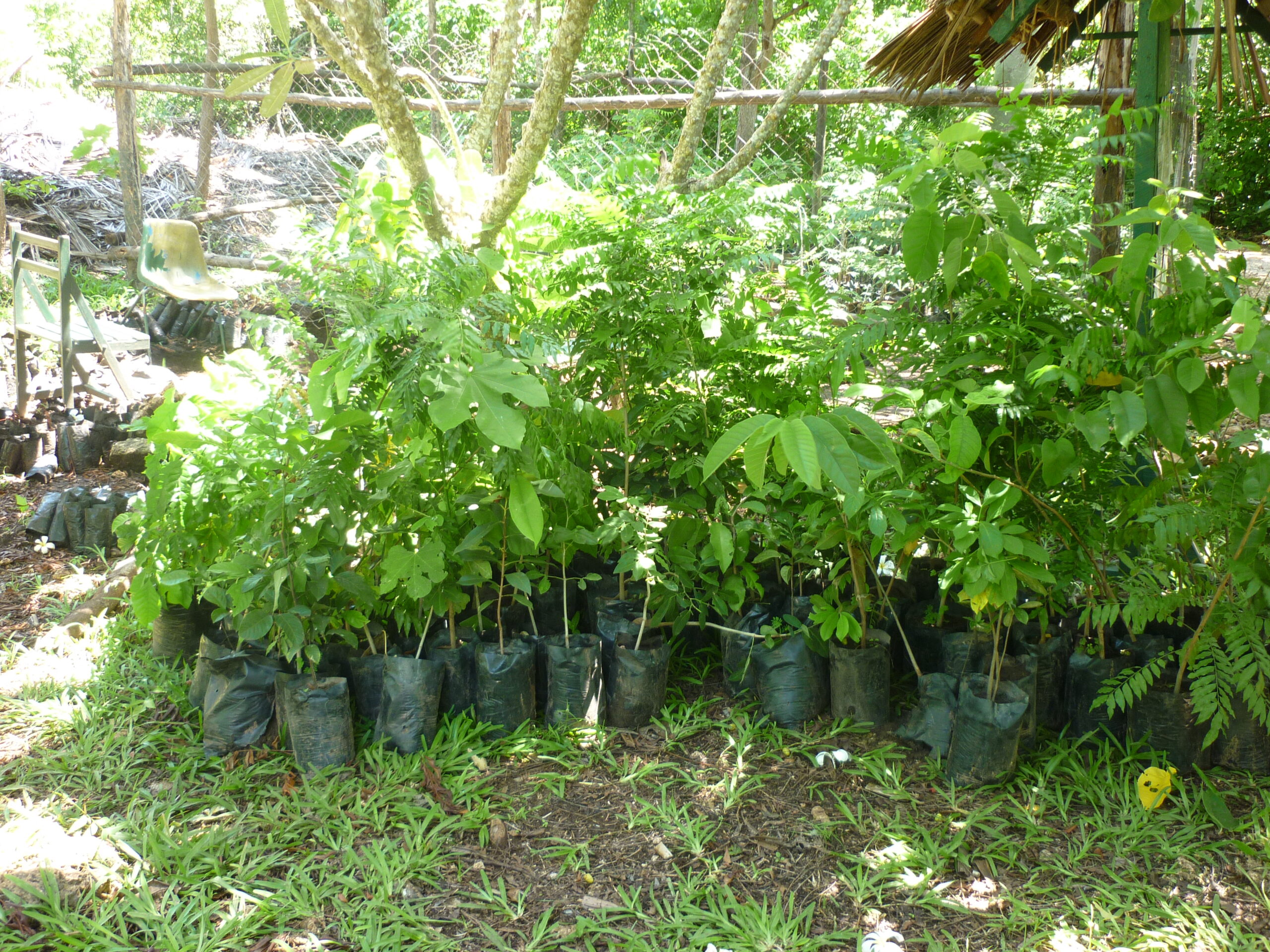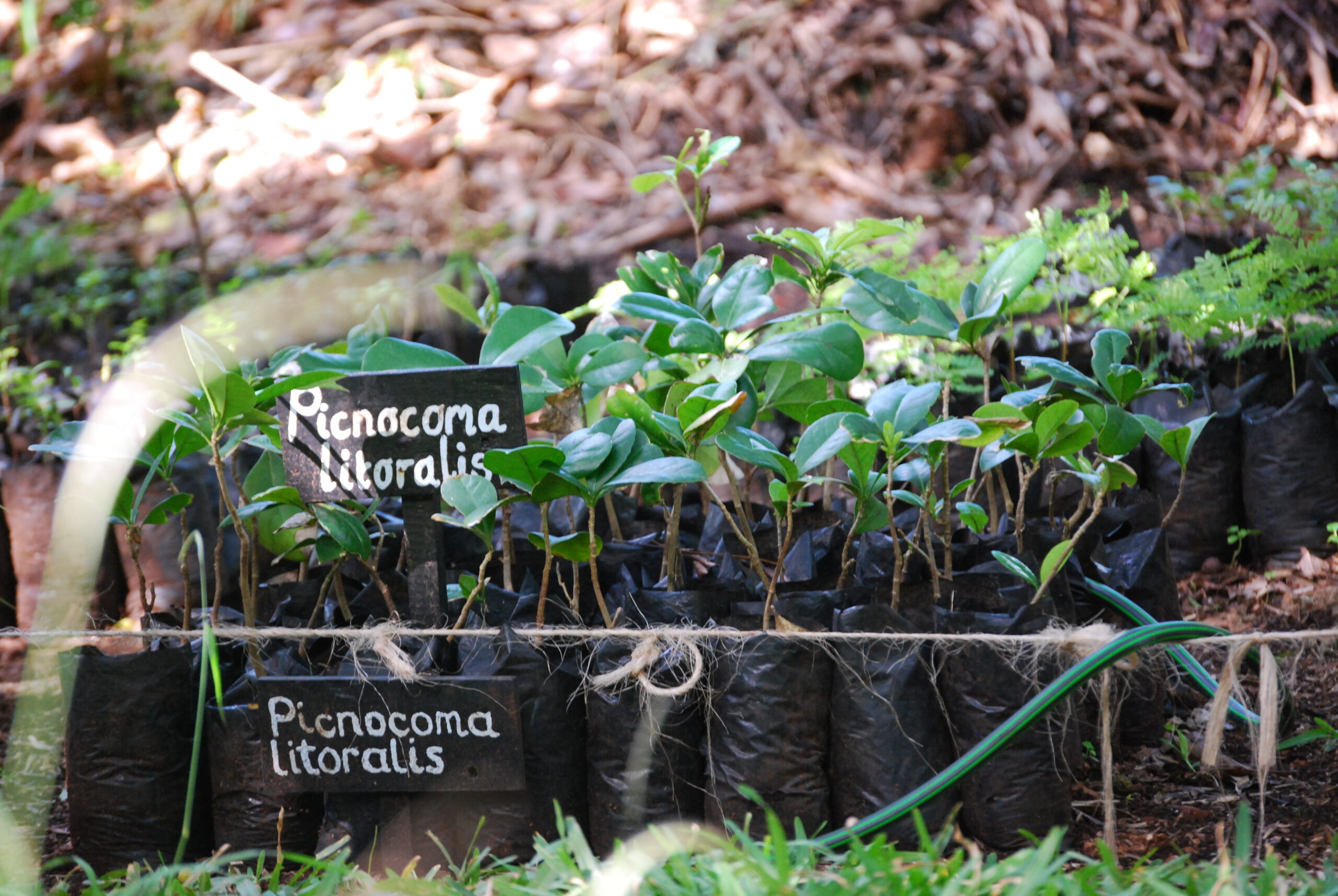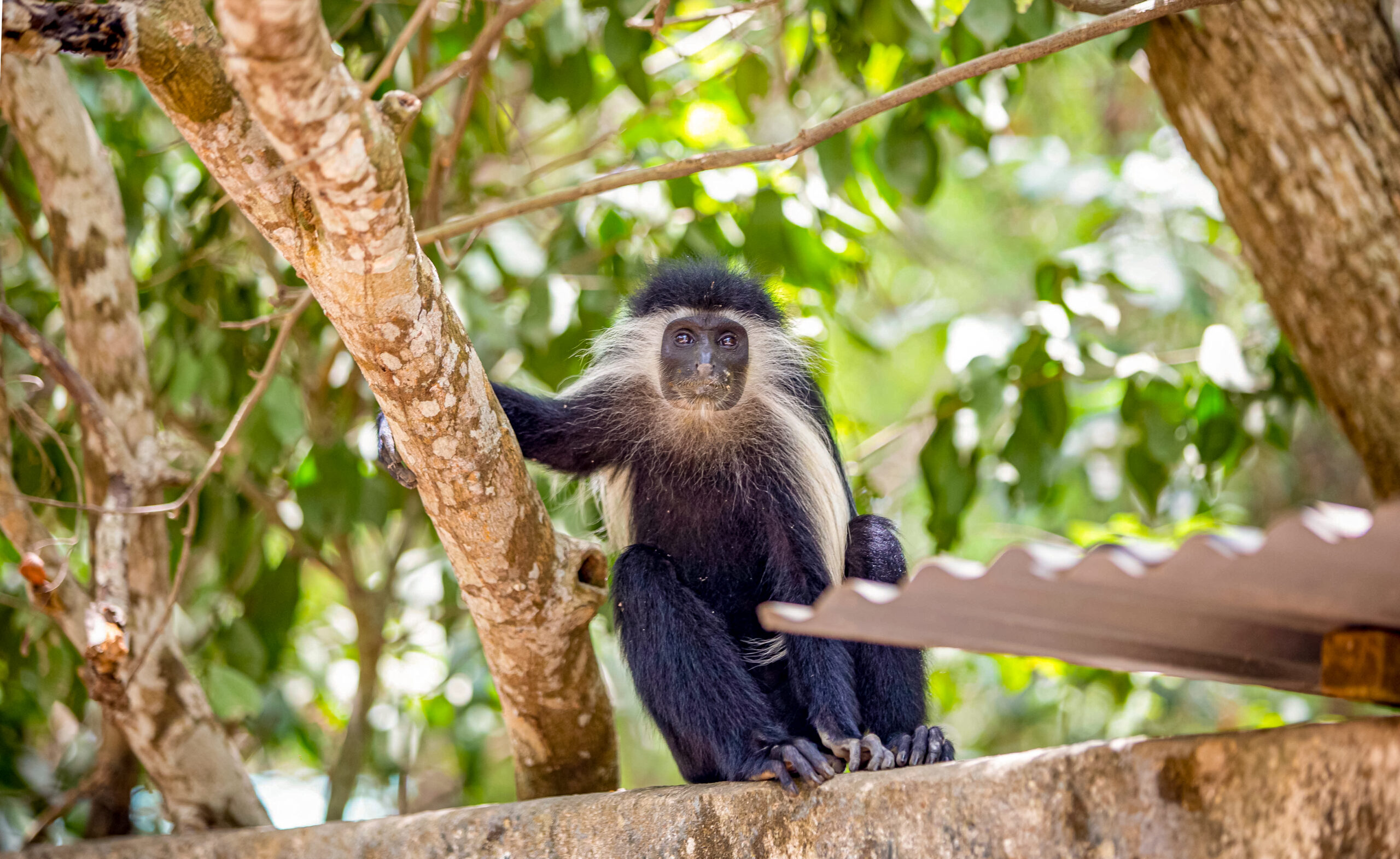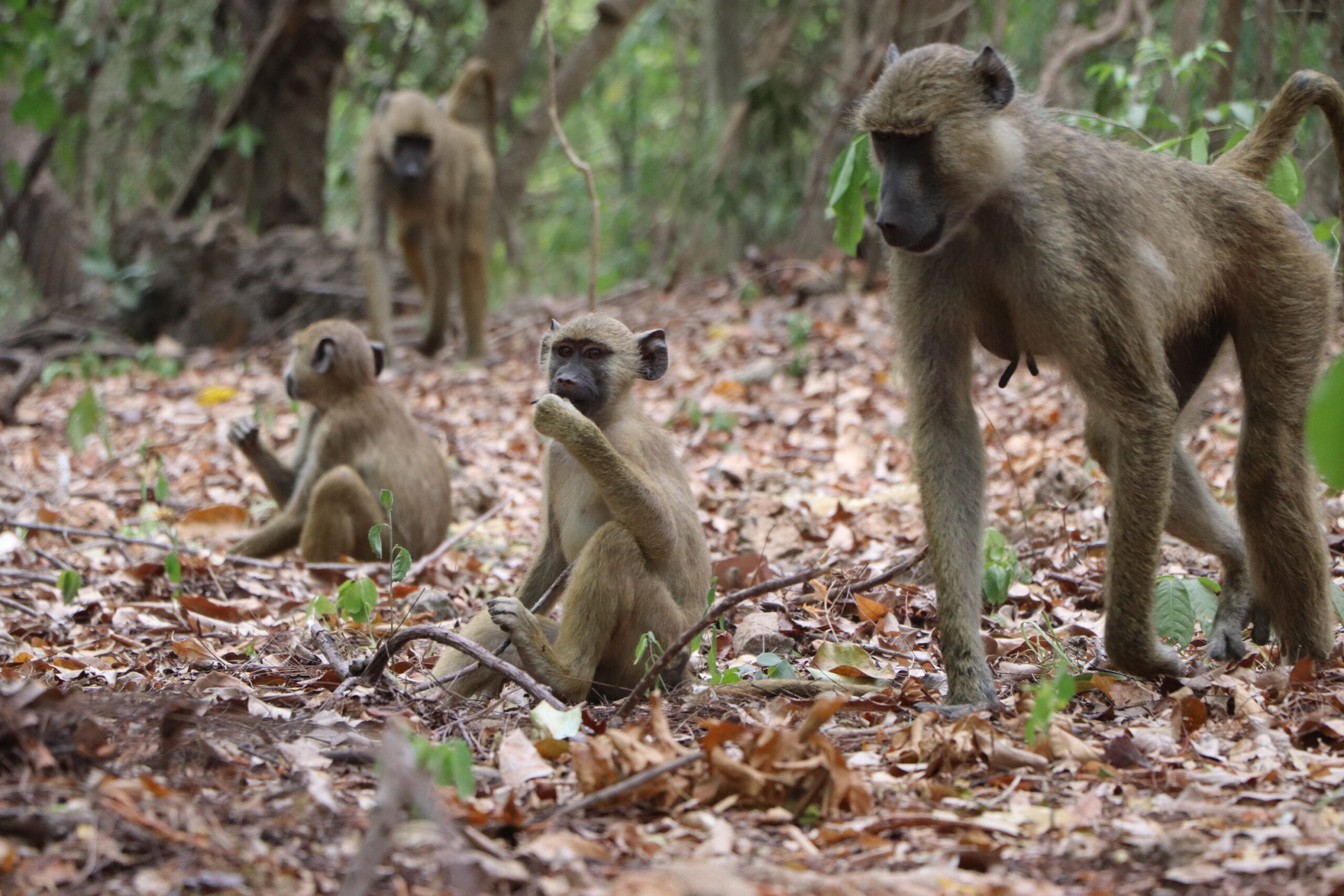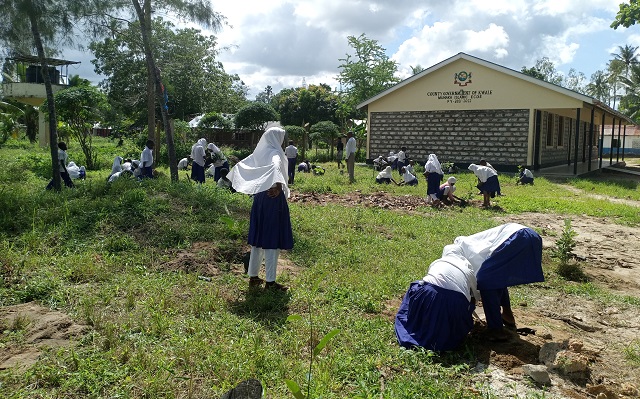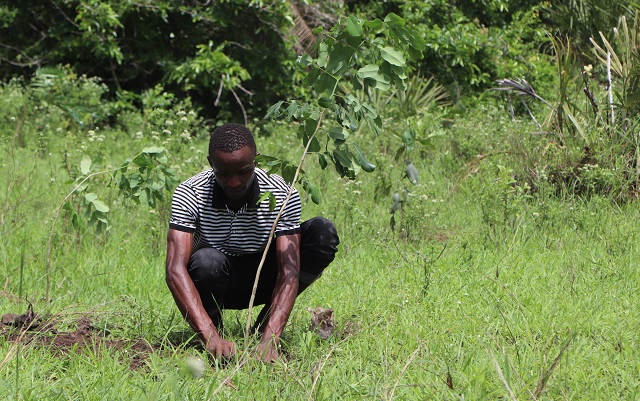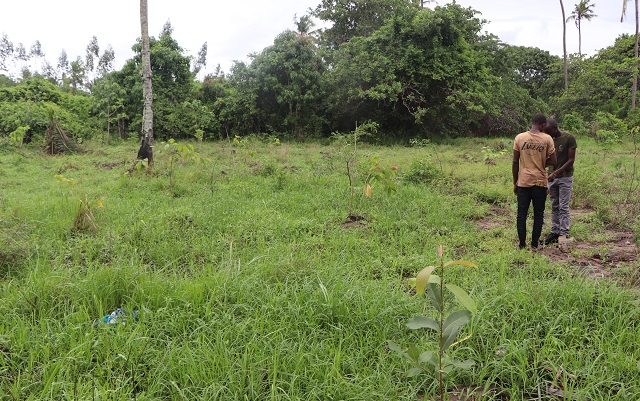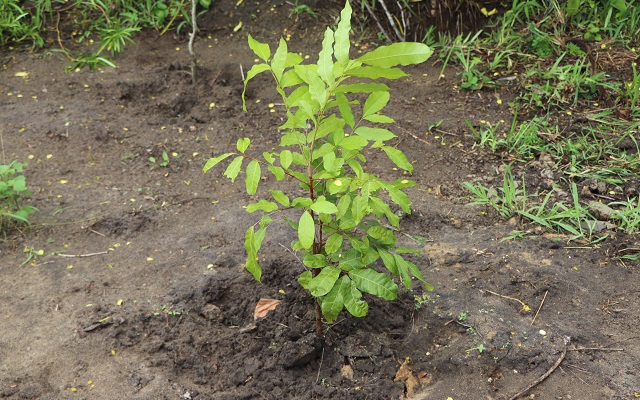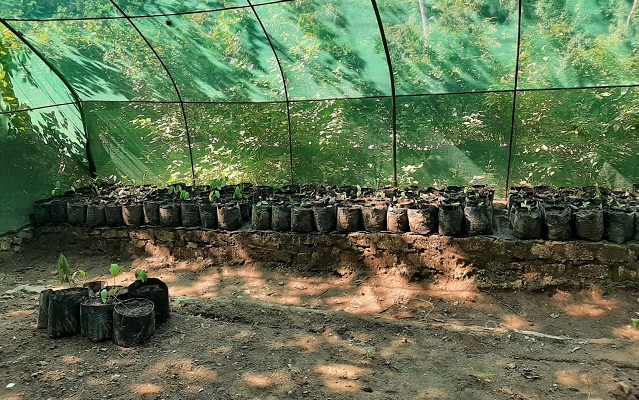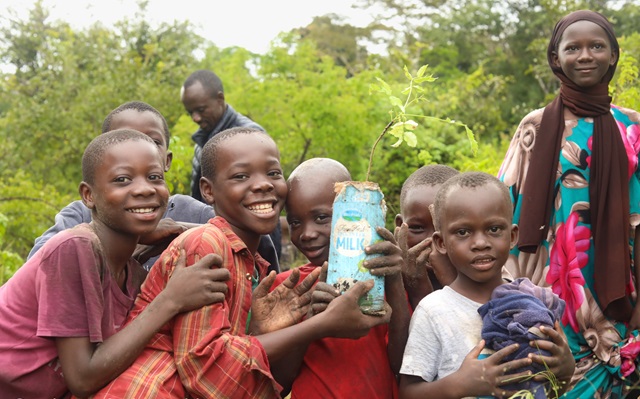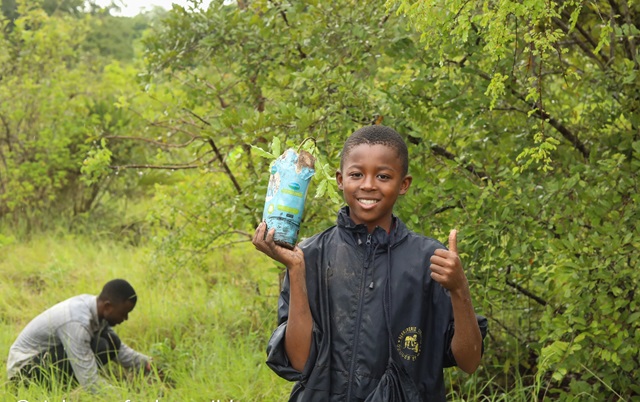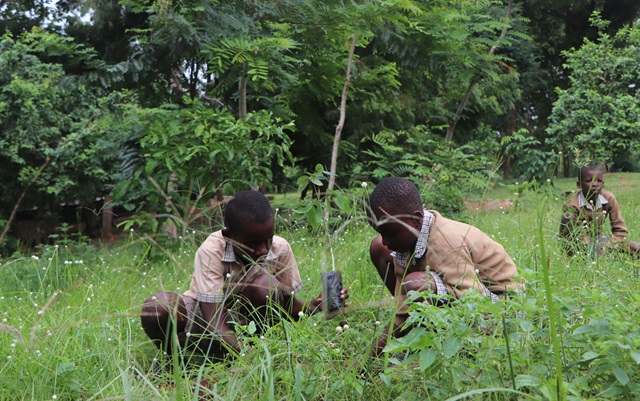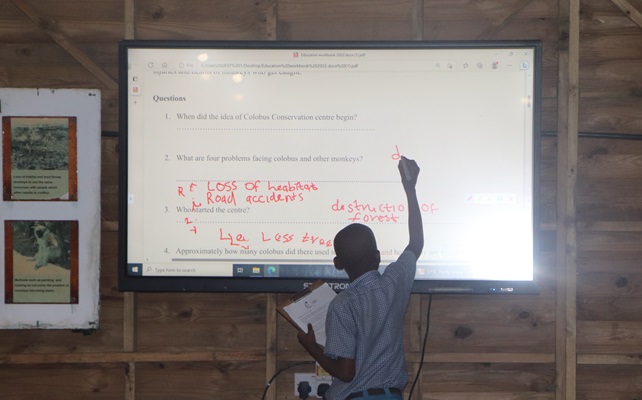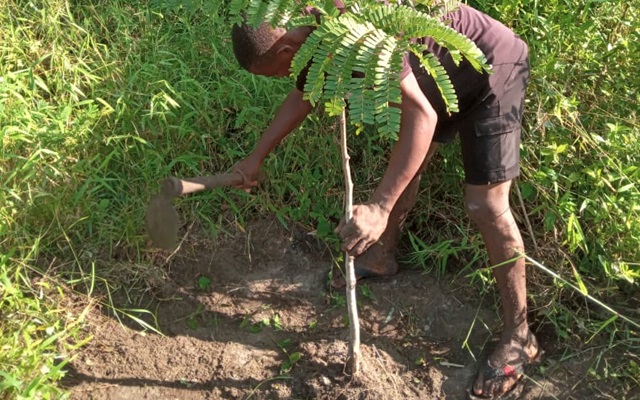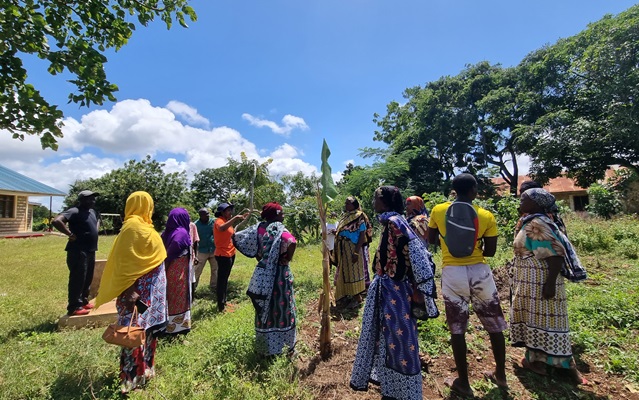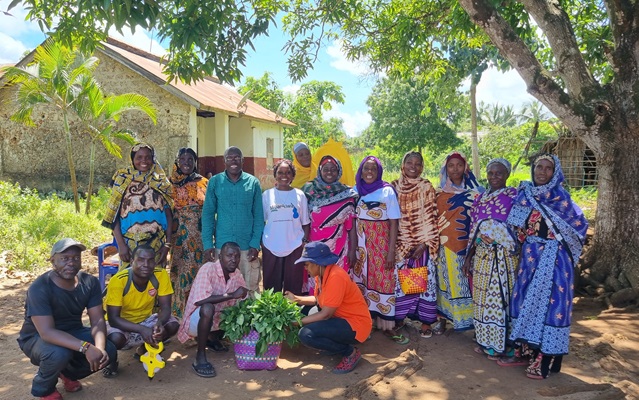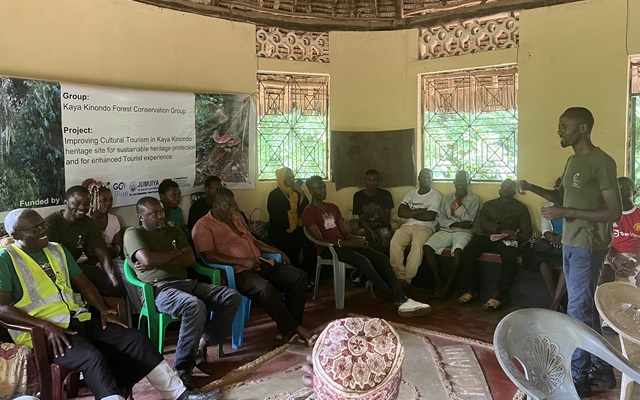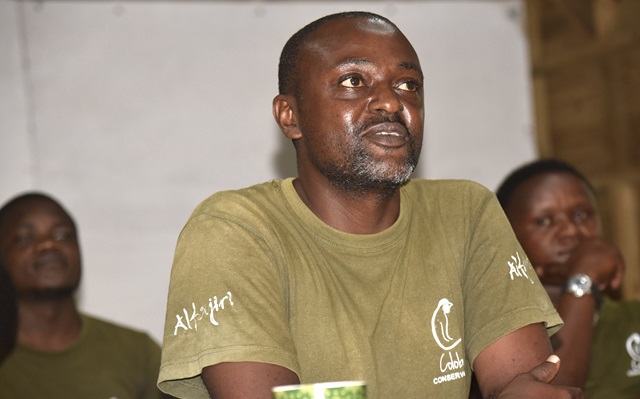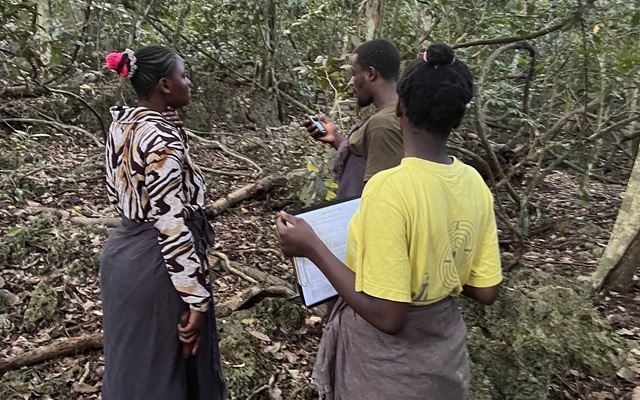Restoring the habitat of the vulnerable Colobus monkeys in coastal forests in Kenya
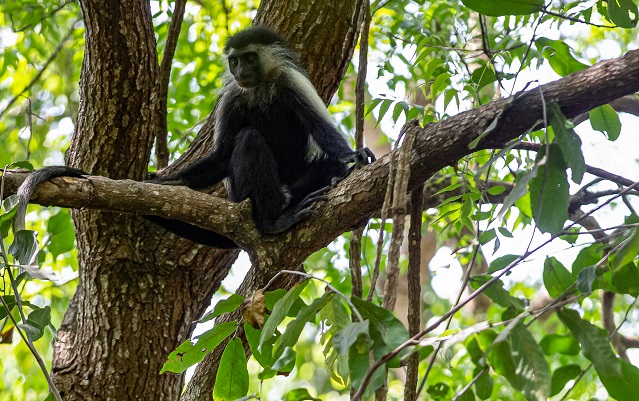
In Kenya, the Angolan colobus monkey subspecies has been extirpated across its entire range except for one remaining stronghold limited to Kwale County. As colobus are forest specialists, they are subject to the consequences of forest fragmentation and so experience increased isolation due to a reduced ability to migrate between forest fragments. Currently, the forest fragments have been subjected to high levels of disturbance and degradation, therefore it is vital to work with communities living adjacent to forests across the remaining colobus range on a sustainable forest landscape restoration and conservation approach. The IKI Small Grants project aims to expand the colobus migratory corridor to supplement the habitat for the metapopulation of colobus monkeys by afforestation and conservation activities. It promotes connectivity between vital forest blocks for long-term conservation success.
INITIAL SITUATION
The forest ecosystem of the coastal areas of Kenya is listed as one of the top global biodiversity hotspots, with rare and endemic species. The once extensive coastal forests have been reduced to a fragmented patchwork along a narrow coastal strip. This fragile resource is made up of gazetted forest reserves and conservation areas, community-managed forests, and woodlands, including culturally important sacred ‘kaya’ forests of the Mijikenda indigenous minority, and privately-owned forest and woodland patches. The project area is the only Kenyan county with the Vulnerable Angolan colobus since their extirpation across the rest of Kenya in the late 1970s. These forests are faced with a myriad of threats. The high demand for food and settlement areas has led to massive clearance of indigenous vegetation through the expansion of land for cultivation, livestock grazing, and settlement as well as increased illegal or uncontrolled extractions of forest products. These developments are mainly caused by the increasing pressure from urban areas.
TARGET GROUP
This IKI Small Grants project works with communities living adjacent to these forests to build their capacity in landscape restoration. The communities include farmers, private landowners, local tree sellers, and students from local schools to participate in a host of conservation awareness and restoration activities, including capacity-building educational workshops, a training on forest restoration methods, and tree nursery management.
APPROACH AND ACTIVITIES
The project aims at the restoration of degraded coastal forest ecosystems with approximately 6,000 indigenous trees through enrichment planting and farmer-managed natural regeneration. This involves setting up tree nurseries as the main outlet for the stock of rare and endemic indigenous seedlings prepared for use in restoration activities. Seeds and saplings collected from mother trees and propagated in the tree nurseries are replanted during the rainy seasons. By reconnecting forest patches, wildlife migration and arboreal connectivity is improved, further securing the colobus metapopulations.
Additionally, the project supports the community by providing trees that are valuable for use as fruit trees and some fast-growing species that can be used to allow the sustainable harvesting of firewood in addition to promoting alternative sustainable livelihood projects. Conservation awareness for sustainable ecosystem management is enhanced among forest adjacent communities and in local schools across the project area. Community workshops are conducted to engage the community in training on habitat restoration methods, indigenous tree growth and monitoring measures. Similarly, the community volunteers are trained and participate in a census to determine the size and distribution of the colobus metapopulation. In addition, the participatory forest disturbance surveys assess the specific threats to the forests within the project area. Through this project, Colobus Conservation seeks partnerships to uptake of sustainable livelihood alternatives to charcoal and firewood production that will reduce the underlying pressure on the remaining coastal forests.
LATEST PROJECT HIGHLIGHTS AND IMPACTS
- Inception workshop with 34 participants, featured on national television prime time news
- 2 training workshops for local tree sellers’ associations
- 18 schools mobilised, including assessment of potential tree-planting sites
- first colobus monkey census and forest disturbance survey, including 44 colobus monkeys in the Muhaka Forest
- Tree nursery location identified, installation initiated
CAPACITY DEVELOPMENT
IKI Small Grants supports Colobus Conservation in their organisational capacity development in:
- Organisational communication management
- Green business & sustainability training
- Participatory natural resource management
- Community engagement training
ABOUT THE ORGANISATION
Colobus Conservation is a not-for-profit organisation positioned to advocate for forest conservation that ensures the long-term survival of the nationally threatened Angolan colobus monkey (Colobus angolensis palliatus; VU) and other primates on the South Coast of Kenya. They work in close cooperation with other organisations and the local communities to promote the preservation of coastal forests recognized as one of the top 25 global biodiversity hotspots by Conservation International.

